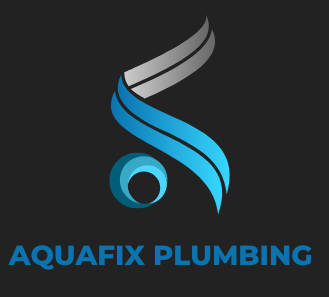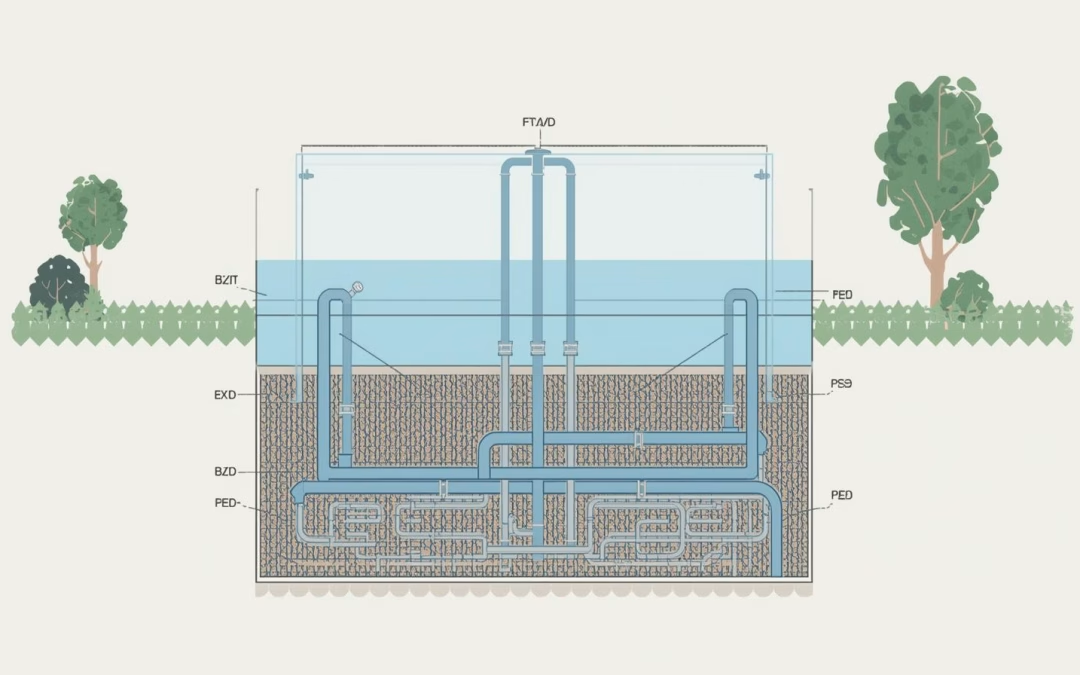Why Your Drains Matter More Than You Think
Picture the weekend braai: A gurgle erupts from your bathroom. That sound signals a septic crisis. One wrong flush causes costly plumbing catastrophes. Your home’s waste water system isn’t just pipes; it’s a living ecosystem. Many Durban homes rely on a septic system—an underground container where healthy bacteria break down waste. Flushing the wrong items destroys this natural balance. Don’t panic! Septic tank maintenance is simple. Read on for the ultimate Septic Tank Survival Kit of local tips to keep your system healthy and save you time and stress.
The Golden Rule: What NOT to Flush Down the Drain
Your septic tank system operates based on a specific biological process. Introducing inappropriate materials will inevitably lead to an indigestible clog and subsequent system failure. Homeowners frequently cause septic system failure by pushing non-biodegradable items down their pipes. You must immediately discontinue flushing these six items to ensure your plumbing system functions correctly and efficiently.
Non-Biodegradable Items
- Wet Wipes top the list of septic system assassins. Even when the package claims they are “flushable,” they absolutely are not. These convenience items contain plastic fibres that don’t dissolve like toilet paper. They quickly clump together, forming massive “fatbergs” that choke your pipes and the tank’s inlet baffle.
- Sanitary Products: Never let sanitary pads, tampons, diapers, or cotton buds near your toilet bowl. These materials are engineered to absorb water, not break down. This negligence rapidly leads to an expensive system backup you will surely regret.
Chemicals & Harsh Cleaners
- Chemicals might clear a small, immediate blockage, but they effectively wage war on the beneficial bacteria your tank depends on. Your septic tank relies entirely on a healthy bacterial population to digest and liquefy the waste.
- Using copious amounts of bleach, ammonia, or harsh chemical drain cleaners is like throwing a nuclear bomb into your tank’s vital core. This bacterial die-off stalls the digestion process, leading to excessive sludge buildup and foul odours.
- Furthermore, never pour paint, paint thinners, or automotive fluids down any drain. These toxic substances contaminate the groundwater in your drainage field, creating a serious environmental hazard right in your backyard.
Grease & Oils (The Kitchen Killer
- The kitchen sink is absolutely not a disposal unit for leftover cooking oil or baking grease. Hot grease might look like a harmless liquid when you pour it down the drain.
- As soon as it hits the cold pipes, however, it solidifies into a waxy coating. Over time, these coatings accumulate, shrinking the pipe diameter until wastewater cannot pass through.
- This solid, tacky mess doesn’t just clog the pipes; it also interferes with the septic tank’s ability to separate liquids from solids. Let cooking oil cool completely, then scrape it into the bin instead of tossing it down the drain.
Medications
- Avoid flushing expired or unused medications down the toilet. Like harsh cleaners, antibiotics and other pharmaceuticals can disrupt the sensitive balance of septic bacteria inside your tank.
- These chemicals can pass through the system and eventually contaminate the surrounding soil and groundwater. Take old medications to an authorised disposal site instead; your septic tank system will thank you for it.
What You CAN Flush (Safely)
Your septic system actually has a very simple diet. You only need to remember two items for safe and healthy flushing. Sticking to these two basics prevents nearly all septic system failures.
The Septic System Diet
- Human Waste: This is the only solid material your septic tank is specifically designed to handle. Natural biological processes in the tank break down human waste easily and safely. Waste provides the necessary fuel for the bacteria that keep the entire system running smoothly.
- Septic-Safe Toilet Paper: You must choose your toilet paper wisely; not all brands are created equal. The ideal paper dissolves quickly and completely when wet. Thick, luxurious, or quilted brands often take much longer to break apart, significantly increasing the risk of clogs. Look specifically for products labelled “septic-safe” or “100% biodegradable” at your local Durban supermarket.
Essential Septic Maintenance Checklist
- Use Water Efficiently: Every drop of water you use ends up in your septic tank. The system can only process a certain volume of liquid each day. Avoid running multiple high-volume appliances, such as the washing machine, dishwasher, and shower, simultaneously. Spreading your water use throughout the week prevents the tank from being overwhelmed. Overloading the tank dramatically reduces the time needed for solids to settle, pushing untreated waste out into the drain field.
- Schedule Regular Pumping & Inspections: You must think of pumping as a necessary, preventative health check-up. The sludge at the bottom of the tank eventually accumulates and needs professional sludge removal. Most experts recommend having your septic tank pumped every three to five years. Call a trusted local Durban plumber for routine inspections. A professional technician can spot minor issues like a failing baffle or a clogged filter long before they escalate into an expensive failure.
- Keep Drains Clear of Oils, Wipes, and Chemicals: Make the Golden Rule an unbreakable household law. Place small bins in bathrooms for wipes and sanitary products. Designate a specific container in the kitchen for cooling and disposing of cooking grease. This small lifestyle change has the biggest long-term impact on your septic system's health.
- Install Strainers in Sinks and Showers: Hairs, bits of soap, and small pieces of debris frequently go down your shower and sink drains. Spend a few Rands on simple drain strainers or hair catchers for all your wastewater inlets. These inexpensive devices trap solids before they enter the wastewater line, preventing unnecessary buildup in your pipes and tank.
- Educate Everyone in the Household: A septic system is a team effort. You must inform your children, tenants, and even long-term guests about what they can and cannot flush. A small sign on the back of the toilet door reminding users about the "Four P's" (Poop, Pee, Paper, Pumping) goes a very long way in preventing misuse.
Conclusion: Treat Your Septic Like a Living System
Don’t wait for the gurgle and the inevitable smell to call us. Act today to ensure your system’s longevity.
We are your trusted, local Durban expert for septic tank inspections, pumping, and maintenance. Give us a call today for a no-obligation check-up to ensure your wastewater system is running smoothly and efficiently!


Recent Comments